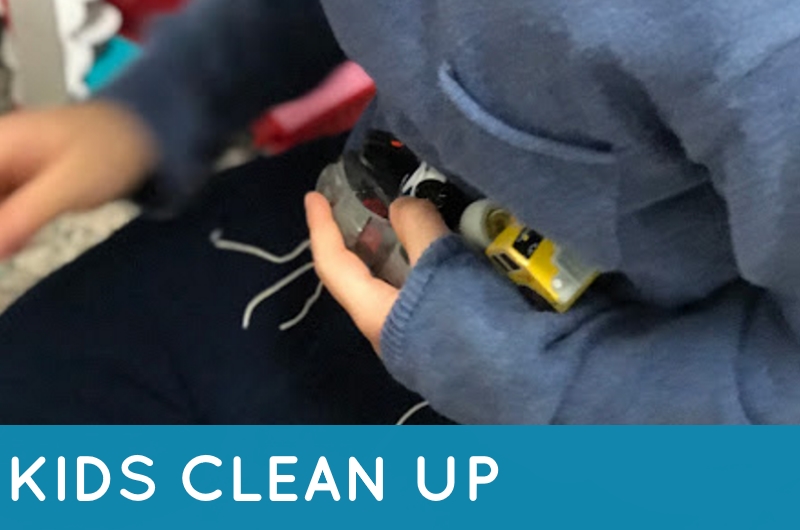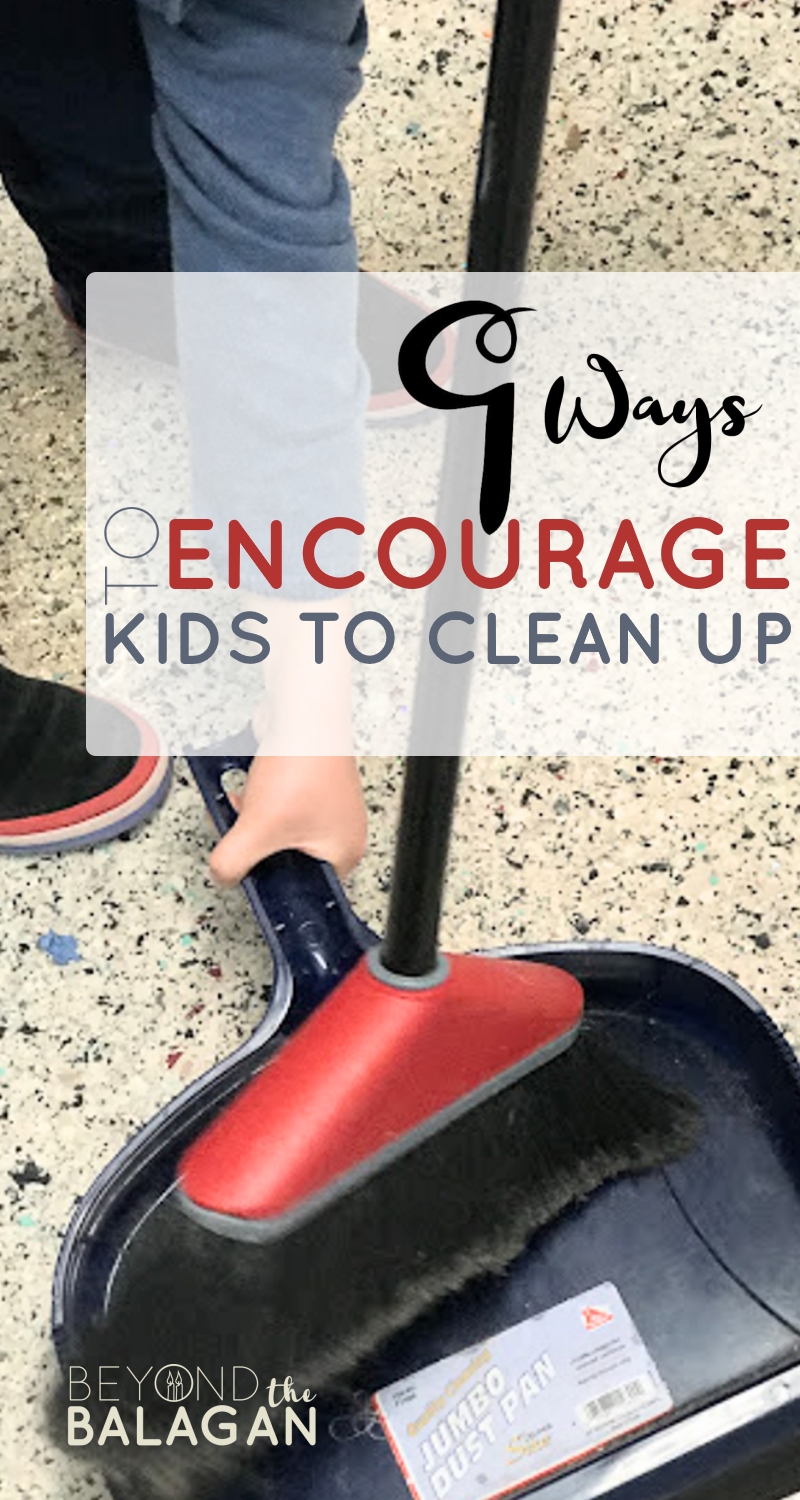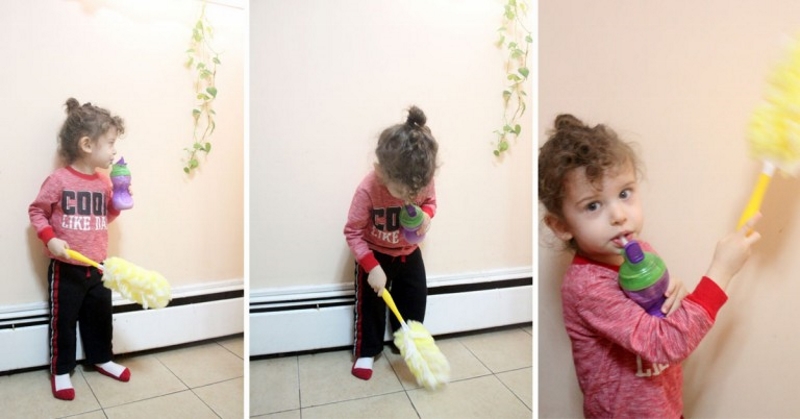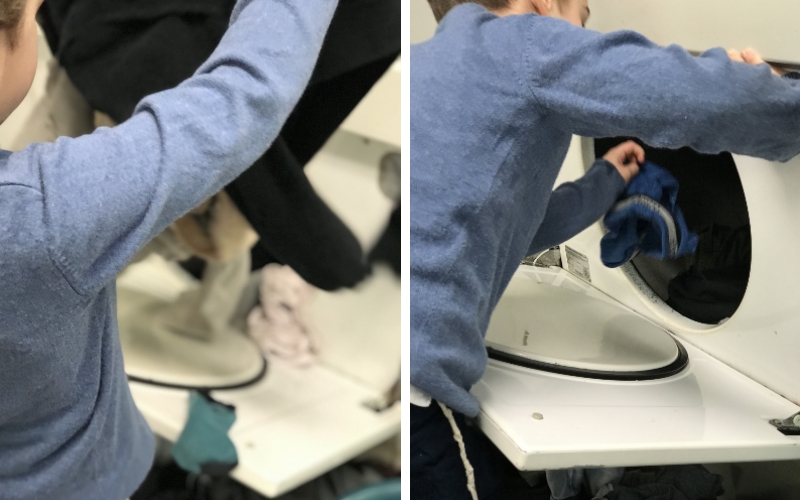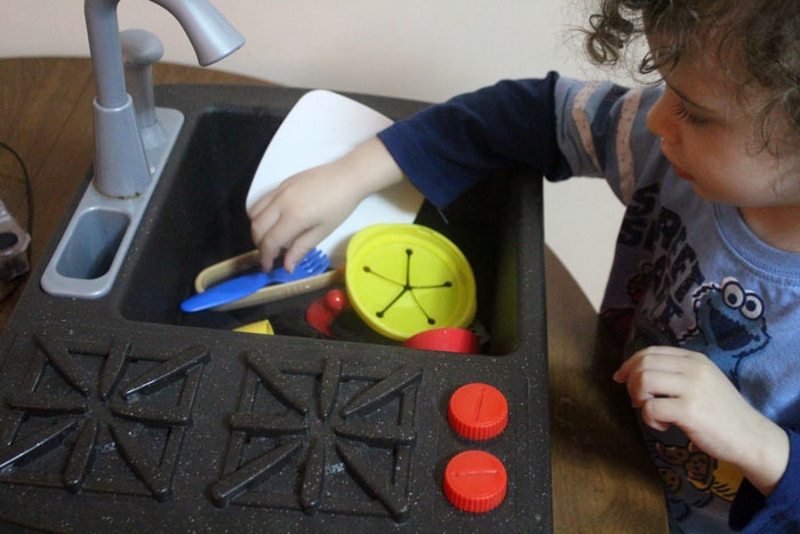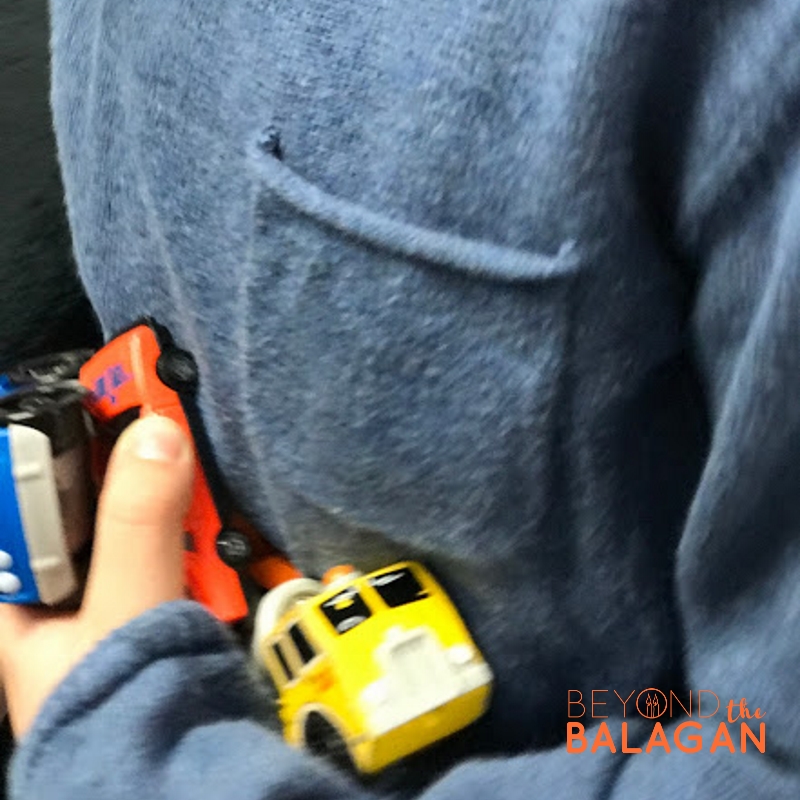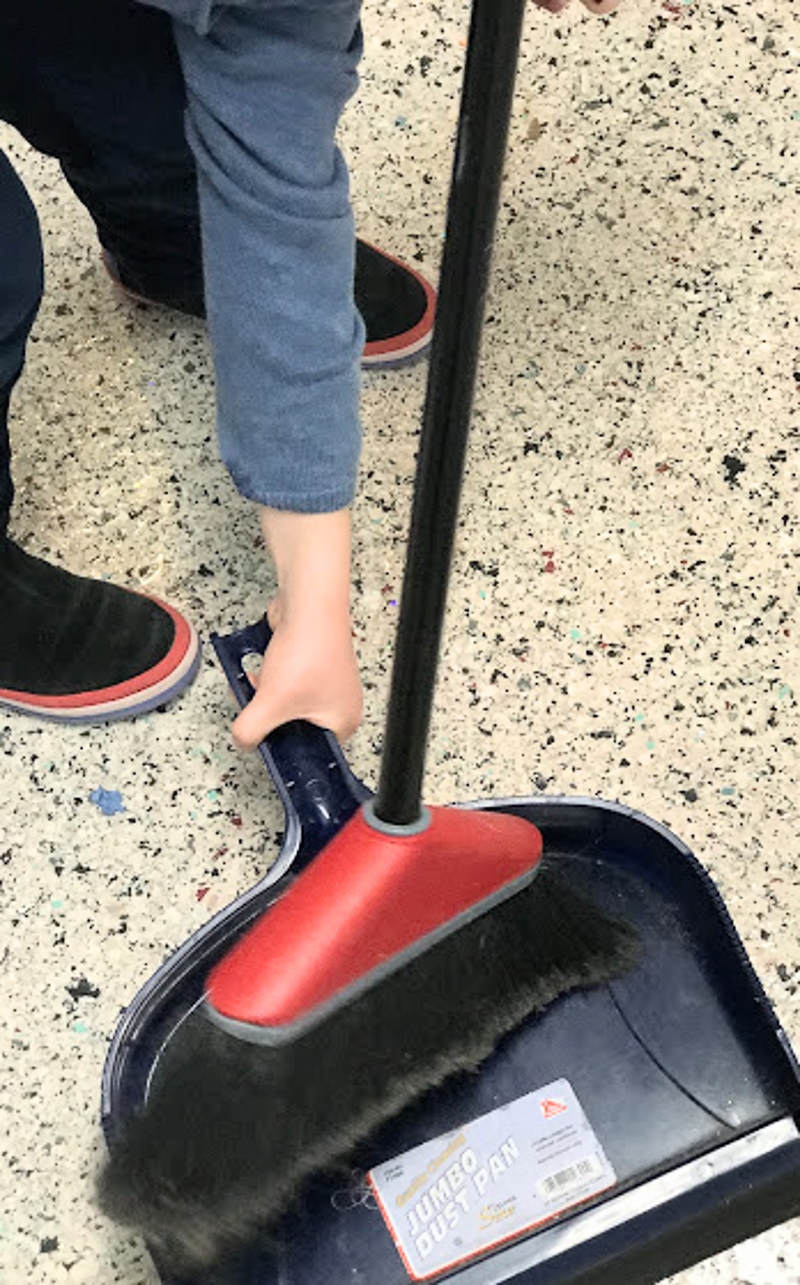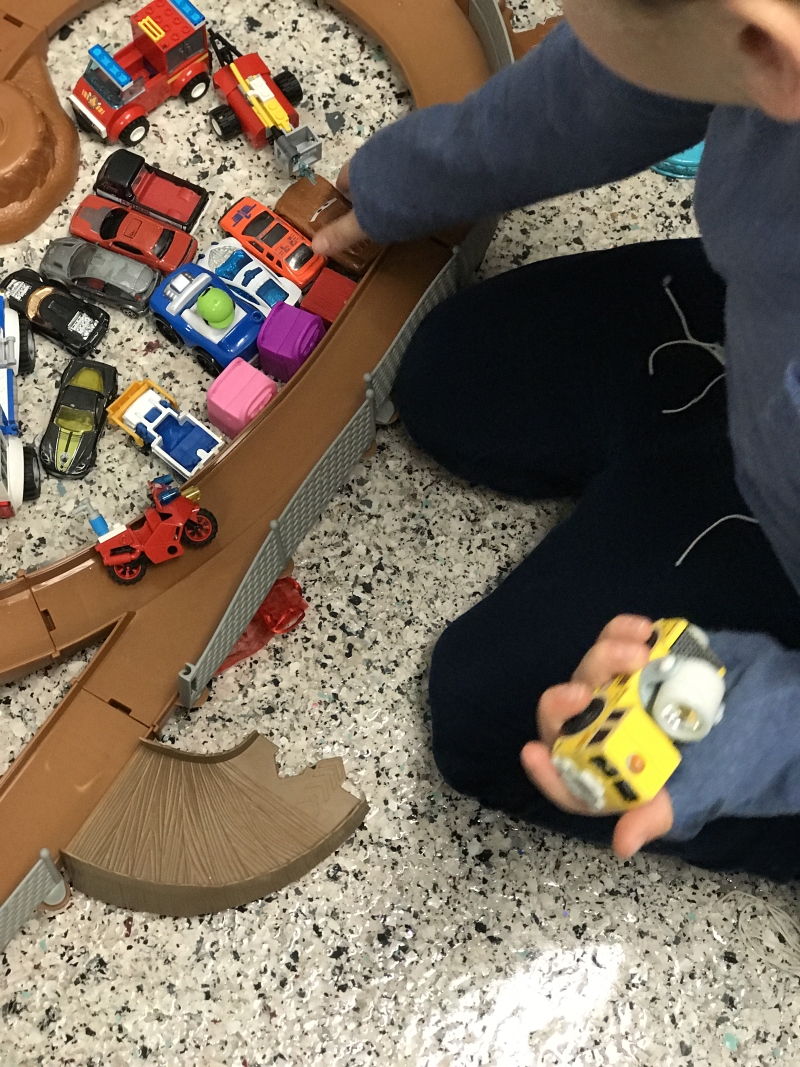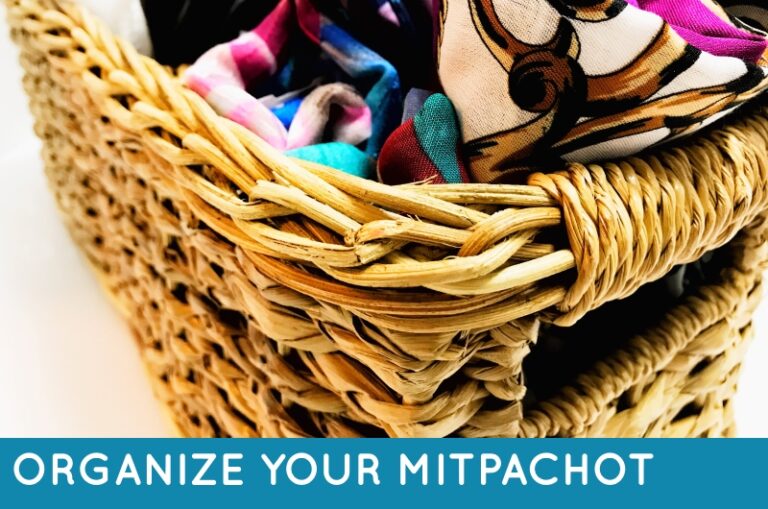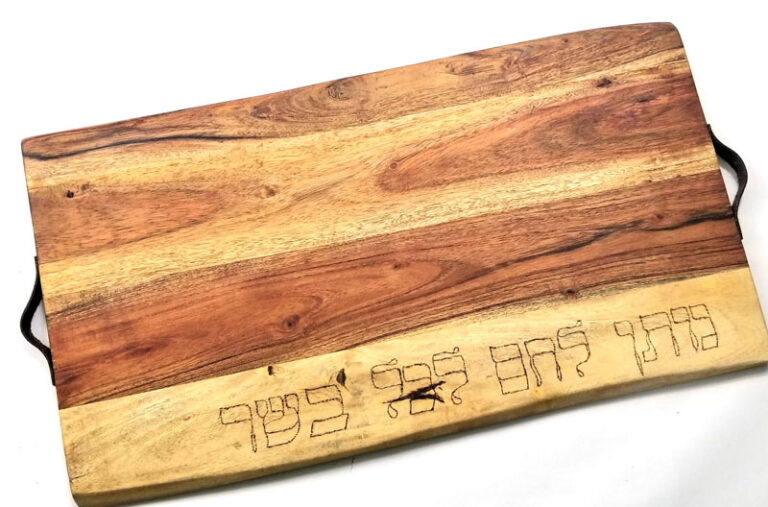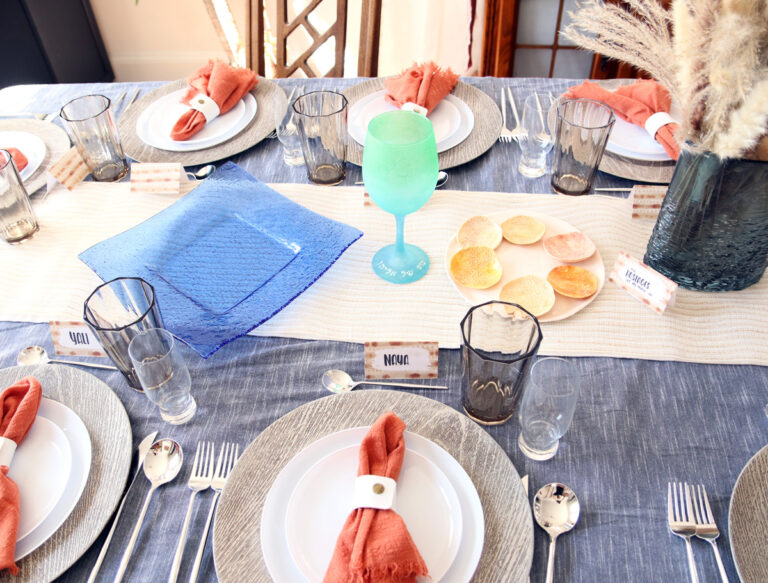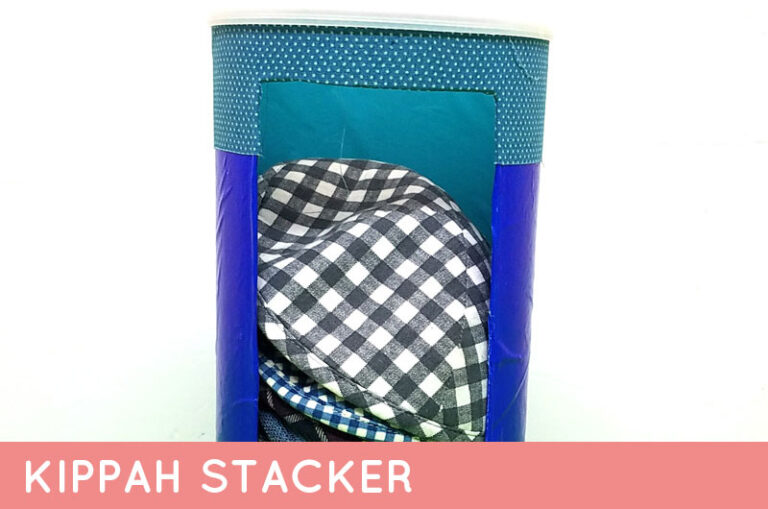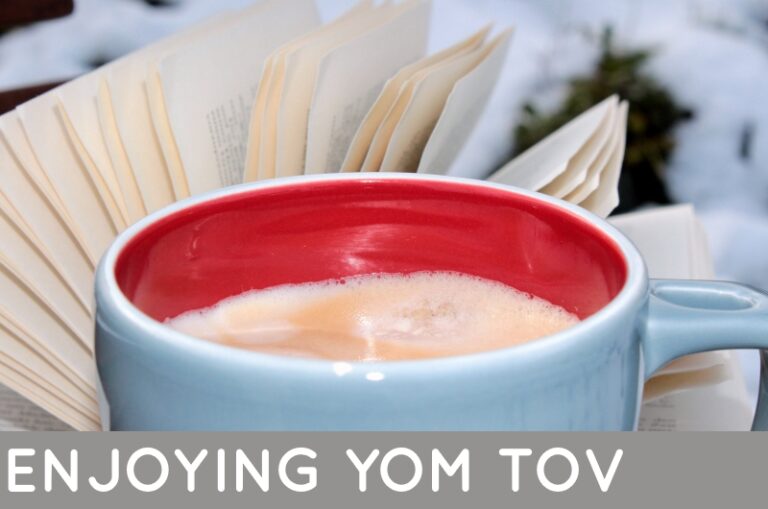9 Ways to Encourage Kids to Clean Up
Getting kids to clean up after themselves sometimes sounds like a dream. But it IS something that kids can and should do. Disclosure: this post contains affiliate links.
These days, children spend a lot more time than we used to on electronic devices, and tend to be lazier. However, it’s still important for them to clean up after themselves or do chores to help around the house.
When children clean up their toys, or make their beds or do any other form of organizing, tidying and cleaning, it teaches them responsibility and important life-long skills. Children need to contribute to the household they are living in.
Of course, I am not advocating slave labor, and you do need to work with each child according to their abilities. But it is reasonable to expect some help around the house, and for children to pick up after themselves. You (or your household help) should not be picking up after them every single time, especially if they are old enough to do it on their own. And the age that they are “old enough” is younger than you think. Children can start cleaning up after themselves from toddler age. Even one or two blocks into the bin as a young toddler will set a good foundation for cleaning skills as they grow.
Let me set the record straight; I am not a perfect, picturesque homemaker. My house gets messy. My dishes go unwashed, my laundry piles up, and my floor can be sticky. But, like many of you, I enjoy a clean home. I will often neglect taking care of myself in favor of cleaning up.
I had a teacher in high school that never allowed us to have extra items on our desks- only exactly what we needed for his class. He would say something to the effect of “a clean desk makes for a clean mind.” And it’s true! When my home is clean, dishes are washed, and laundry is done (for all of five minutes), my head is so much more clear and I am much more relaxed. And this goes for children as well.
9 Ways to Get your Kids to Clean Up
1. Make it a race
If your kids can handle the pressure (and be graceful losers), have them race against each other to clean up their rooms, the toys or the kitchen table.
Alternatively, race against the clock. Set a timer and get moving! (This is also a great way to teach children the value of time.)
2. Clean up through sorting
Another great way to incorporate a teaching lesson, have your children clean up by color (everything red!) or by shape (everything square!). This is a particularly good method for younger children who will find it overwhelming to clean too much, or for stubborn children not in the mood to clean. Sorting by colors or shapes turns clean up time into a fun game!
3. Reward, reward, reward
There are SO MANY reward charts and methods you can find on Pinterest and the internet. Some children need the extra incentive, and that’s okay! Depending on the age of the child, you can for a big prize once in a while, or smaller ones once a week.
4. Every child according to his strengths
As I mentioned above, every child needs to learn how to clean up according to his capabilities. If one kid loves to do the dishes, let that be his steady chore. If your teenager hates ironing, don’t force her to do it every week. Teach her how to do it correctly, but let her steady chore be something that plays to her strengths. She’ll be a lot more willing to help around the house if she’s good at the chore she’s assigned.
5. Don’t criticize; praise
When a child washes the dishes and leaves some grease residue, don’t criticize. They’ll get better over time, and next time he or she does the dishes you can gently guide them. This time, though, rewash the dishes after they’ve gone to bed.
If your child volunteers to help (it happens sometimes!), praise them! Thank them! Don’t show any annoyance if something they helped with is not up to your standards. It will only set a negative tone for the future.
[show_boutique_widget id=”674683″]
6. My rule about spills
My children are preschoolers right now. From when they were toddlers, I instituted a rule about spills in my home. It’s okay for things to spill. It’s normal, it happens (sometimes multiple times in a twenty minute span), and it’s not worth getting stressed over.
So my children know- if something spills: A. Mommy doesn’t get upset. B. Whoever spilled has to help clean it up.
I talk about this rule so often, that even when I’m crazily overwhelmed after a long day, my instinct when something spills has become to smile, instead of getting upset. Both the six year old and five year old know that when something spills, they jump up to get a towel. One, two, three, the spill gets cleaned up and everyone’s happy and calm.
7. They’re watching you
In order for your children to get in the habit of cleaning up after themselves, they need to see you do it as well. These are all minor examples, and you already do it all anyway, but for younger children, all you have to do is verbalize what you are doing. “I’m clearing my plate off the table now.” “I’m throwing my shirt into the hamper.” This subtly teaches them that a person picks up after themselves.
8. Rock out to some music
Putting on some music when it’s clean up time is a great way to make chores a positive thing in your home. Clean to the beat, take a pause to have a dance party when cleaning a big mess, and just have fun! Cleaning up doesn’t have to be boring.
9. Rules that work for you
I only allow two toys out at a time. Of those two toys, they can’t both be multiple piece toys (like LEGO and the complete train set), as this just makes clean up time more overwhelming.
Now, keep in mind that I bend these rules all the time. I have two children, so often it’s two toys per child out. Or my son loves to build parking garages with magnatiles, so I’ll let the magnatiles and all his cars out. The more important aspect of the rule is that before taking out a new toy, the first must be cleaned up.
Do what works for you. When my kids were toddlers, the toys were in a locked closet, so that they couldn’t make a huge mess all at once when my back was turned. Now, they’re on open shelving on their level, but it’s been instilled in them enough that they won’t take out a new toy until the other one’s been cleaned up.
All in all, it’s important to remind yourself that keeping your home clean is not your child’s responsibility. I know, I know, I just spent a whole blog post telling you otherwise. But what I want to clarify is that, yes, it teaches your child responsibility to clean up after themselves.
However, it’s the job of the adults in the home to actually shoulder the brunt of the work. Don’t expect more of your child than you would expect of yourself. Don’t get upset if your child is too overwhelmed to do their chores sometimes. After all, they’re just kids.

